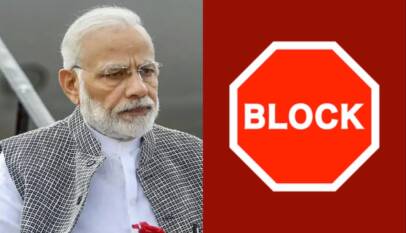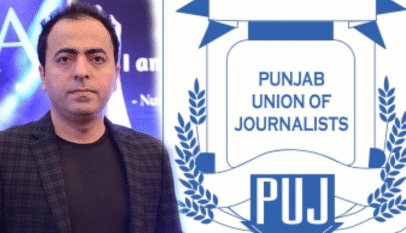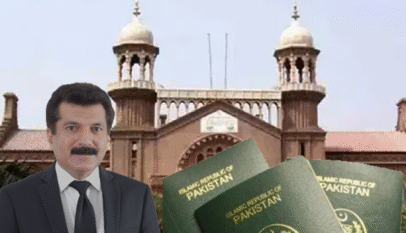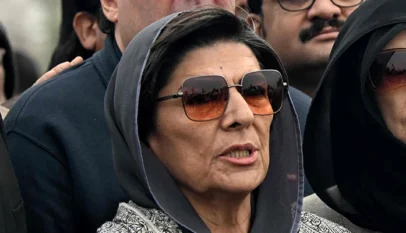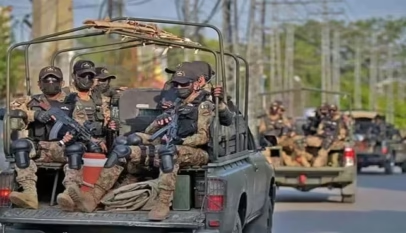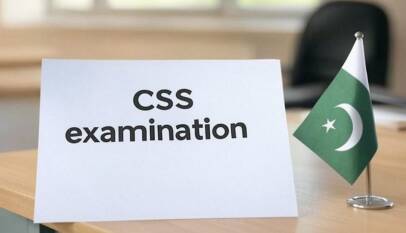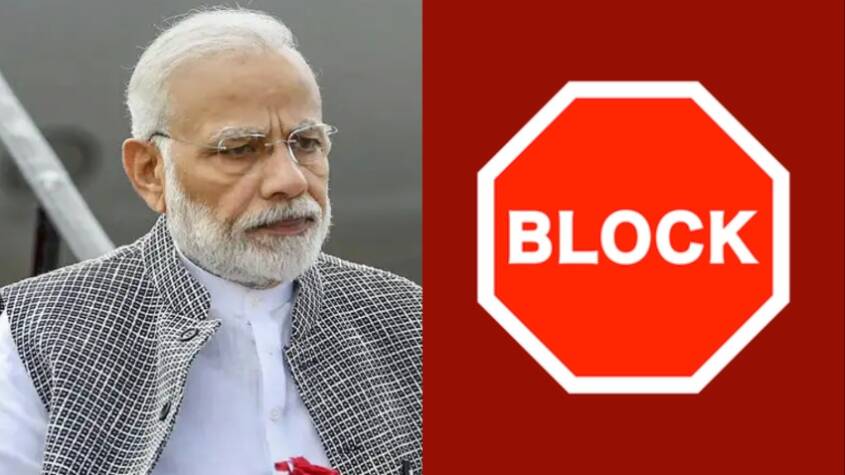
India has recently blocked 16 Pakistani YouTube channels, including major news outlets and popular content creators, accusing them of spreading provocative content and false narratives.
Among those affected is former cricketer Shoaib Akhtar, whose channel has over 3.5 million subscribers. Other prominent platforms such as Dawn News, Samaa TV, ARY News, Geo News, Bol News, and Raftar have also been blocked, impacting around 63 million subscribers in India.
This action follows the deadly Pahalgam terror attack on April 22 in Indian Illegally Occupied Jammu and Kashmir (IIOJK), in which 26 people were killed. The move has sparked significant concerns regarding censorship, press freedom, and the free flow of information.
Indian authorities have accused these channels of promoting “provocative, communally sensitive” content designed to incite tensions. The Ministry of Home Affairs claims that the blocked platforms were pushing “false narratives” against India, its army, and security agencies.

Many critics have condemned India’s recent actions as an obvious attempt to suppress the Pakistani perspective on key issues. Media outlets and independent journalists from Pakistan, including Irshad Bhatti, Asma Shirazi, Umar Cheema, and Muneeb Farooq—whose channels were also banned—have been vocal about India’s growing intolerance towards dissenting views. They argue that these measures are indicative of India’s increasing unwillingness to tolerate external viewpoints, especially those challenging its narrative on Kashmir and regional policies.
The blocked channels have long been a crucial source of alternative viewpoints for viewers, offering perspectives different from India’s state-controlled media. The abrupt censorship of these platforms has sparked outrage in Pakistan, with many seeing it as a deliberate attempt to silence their voices and restrict access to important news, particularly regarding national security following the Pahalgam attack.
This crackdown comes at a time of heightened tensions between the two nuclear-armed neighbors, particularly over the ongoing Kashmir conflict. Pakistan has consistently condemned India’s actions in Kashmir, accusing India of human rights violations in the disputed region. The Pahalgam attack, which targeted innocent tourists, has only intensified the debate over the rise of extremism in Indian-administered Kashmir.
India’s justification for banning these channels—citing the spread of false narratives and the incitement of violence—has been widely criticized. Many observers argue that the real aim is to control the narrative rather than address any legitimate security concerns. India’s demand that the BBC refrain from using the term “militants” to describe the perpetrators of the Pahalgam attack further highlights its aggressive stance toward global media that doesn’t align with its version of events.
Pakistan has long called for international attention on media freedom, especially given the rising censorship in India. In an era where digital platforms are vital for news and diverse opinions, such heavy-handed censorship not only undermines freedom of expression but also prevents global audiences from engaging with alternative perspectives.
India Bans Major Pakistani YouTube Channels, Eroding Press Freedom
PUJ welcomes formation of Commission for Protection of Journalists
LAHORE (RNN TV) — The Punjab Union of Journalists (PUJ) on Saturday expressed satisf…
Politics
Most Popular
CSS Exam 2026: Age Limit Relaxed, Essay Paper Gets New Focus
The Senate Standing Committee on Delegated Legislation has asked the Federal Public Service Commission …

